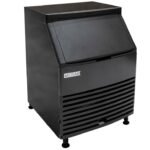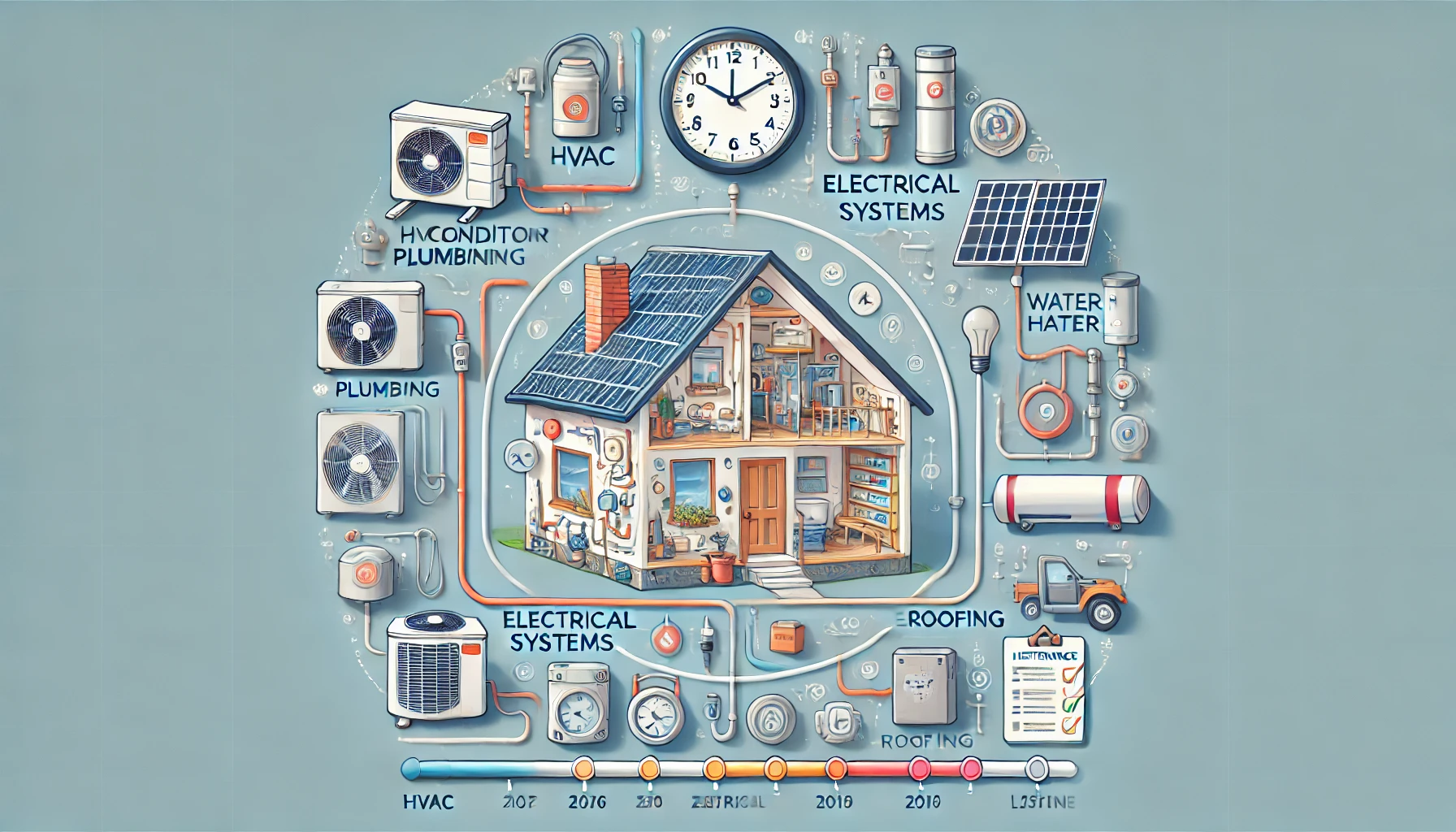Owning a home is much like raising a garden—both require time, attention, and a bit of know-how to thrive. While your home doesn’t spring to life with vibrant blooms, its systems are vital to keeping your space comfortable and functional. From the HVAC to plumbing, these systems have their own lifespans. But what if you could extend their efficiency and avoid untimely repairs? Today, we’re exploring how to maximize the life of your home’s systems, ensuring they serve you well for years to come. By following these practical tips, you’ll learn how to maintain and even extend the lifespan of critical components.
Understanding Your Home’s Systems
Your home’s systems are like its internal organs. These include the heating, ventilation, and air conditioning (HVAC), plumbing, electrical, and roofing systems. Each system has its own role in maintaining your home’s comfort and efficiency. Just like regular check-ups at the doctor can lead to a longer, healthier life, routine maintenance can help extend these systems’ efficiency. Understanding what each system entails is the first step in keeping them running smoothly.
The HVAC System
Your HVAC system is a critical component in your home’s comfort. It keeps you warm during the winter and cool during the summer. Maintaining it is key to avoiding costly issues like air conditioning repair in Herriman, UT. First, ensure you change your filters regularly. A dirty filter can cause your system to work overtime, leading to wear and tear. Second, schedule professional inspections annually. A trained technician can spot potential problems before they escalate. Finally, clean your vents and registers to improve airflow and system efficiency.
Plumbing System Maintenance
Plumbing is one of those systems you only think about when something goes wrong. But with a little care, you can avoid plumbing nightmares. Start by checking for leaks regularly. Even a minor leak can lead to significant water waste and damage over time. Next, be mindful of what goes down your drains. Avoid putting grease and solid waste into sinks to prevent clogs. Lastly, consider insulating your pipes, especially if you live in a colder climate. This simple step can prevent pipes from freezing and bursting.
Electrical System Care
Electricity powers everything in your home, making the electrical system crucial to maintain. Begin with a home energy audit to uncover areas where you might be wasting power. Not only will this save you money, but it will also reduce strain on your system. Next, avoid overloading circuits. Be mindful of how many devices you plug into a single outlet. Finally, replace faulty wiring promptly. If you notice flickering lights or other irregularities, call in a professional to assess the situation.
Roofing System Longevity
Your roof is your home’s first line of defense against the elements. To extend its life, start by conducting regular inspections. Look for signs of damage, such as missing shingles or leaks, and address them immediately. Clean your gutters to ensure proper drainage and prevent water damage. Additionally, consider trimming overhanging branches that could fall and damage your roof during storms. Taking these small steps can significantly increase the lifespan of your roof.
The Role of Regular Inspections
Regular inspections are a proactive way to maintain your home’s systems. They help identify small issues before they turn into big problems. By scheduling routine checks with professionals, you gain peace of mind knowing your home is in good hands. Plus, these inspections often come with tips and advice tailored to your specific needs, ensuring your systems remain efficient for longer.
DIY Maintenance Tips
While professional help is essential, there are many things you can do yourself to maintain your home’s systems. For example, keeping your HVAC system clean is as simple as vacuuming the vents. You can also check for plumbing leaks regularly. Inspect your home’s wiring by looking for frayed cords or loose outlets. Remember, a little maintenance now can prevent major repairs later.
The Financial Benefits of Maintenance
Maintaining your home’s systems isn’t just about avoiding inconvenience—it’s also about saving money. Regular upkeep can prevent costly repairs and extend the life of your systems, saving you from early replacements. Plus, efficient systems consume less energy, which translates into lower utility bills. By investing a little time and effort into maintenance, you’re making a financially savvy decision in the long run.
Technology and Home Maintenance
Technology has made home maintenance easier than ever. Smart thermostats, for example, can optimize your HVAC system’s efficiency by learning your habits and adjusting temperatures accordingly. Leak detectors alert you to plumbing issues before they become serious. Home energy monitors provide insights into your electricity consumption, helping you identify wasteful habits. Incorporating these technologies can enhance your maintenance efforts and keep your systems running smoothly.
When to Call in the Professionals
While DIY maintenance is valuable, there are times when professional help is necessary. If you’re dealing with complex issues or aren’t sure how to proceed, it’s best to call in the experts. HVAC technicians, plumbers, electricians, and roofers have the skills and knowledge to handle complicated situations. Don’t hesitate to seek their help when needed, as their expertise can prevent further damage and ensure your home’s systems remain in top condition.
Creating a Maintenance Schedule
A maintenance schedule is a simple yet effective way to keep your home’s systems in check. Start by listing tasks for each system and assigning them to specific months. For example, schedule HVAC inspections in the spring and fall. Inspect your roof in the early spring and late fall. Follow your schedule consistently to ensure you’re not overlooking any critical maintenance tasks.
Preparing for the Unexpected
Even with diligent maintenance, unexpected issues can arise. Prepare for the unexpected by having a plan in place. Know who to call for emergencies and have their contact information easily accessible. Consider setting aside a budget for unforeseen repairs or replacements. By being prepared, you’ll be able to tackle any challenges that come your way.
Sustainability and Efficiency
Maintaining your home’s systems aligns with sustainable living practices. Efficient systems consume less energy and water, reducing your environmental impact. Incorporating eco-friendly practices, such as using energy-efficient appliances or installing low-flow fixtures, can further enhance your home’s sustainability. By focusing on efficiency, you’re contributing to a healthier planet.
A Lasting Home for Years to Come
Your home is a long-term investment, and maintaining its systems is key to its longevity. By following these tips, you’ll extend the life of your home’s systems, save money, and ensure your comfort for years to come. Remember, a little effort today can lead to a more efficient and resilient home tomorrow.












